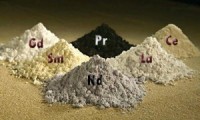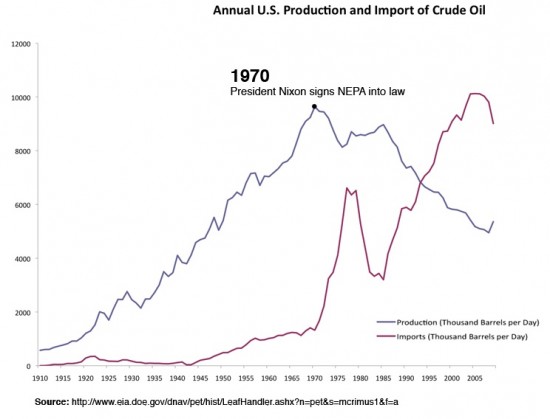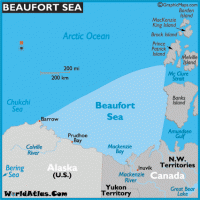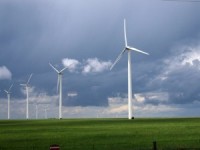"The U.S. needs to maintain its lead on innovation in the energy sector given the rise of China's growing energy needs and its commitment to clean technology, according to Secretary of Energy Steven Chu. Chu likened the energy race to the "Sputnik" movement..."[0]
Introduction
China is currently the largest producer and consumer of coal in the world, outstripping the United States by a factor of more than 3
[ii]. In fact China's growth in coal consumption is so great that it needs to import coal to satisfy its demand even though it ranks third in coal reserves in the world
[iii]. China became a net importer of coal in 2009, buying almost 151 million tons
[iv] from coal exporting countries, including the United States and Australia. That number is expected to increase substantially in the years to come. The Chinese use coal, the primary fuel spurring its economic growth, in most sectors of the economy, but particularly in the electric power and industrial sectors. China's economic growth is so phenomenal that it expects to have 350 million people, more than the entire population in the United States,
[v] living in cities that do not yet exist within the next 15 years,
[vi] which will require additional electrical capacity of an amount almost equal to the total electrical capacity of the United States.
[vii]
- Saturday, January 22, 2011

 H. Sterling Burnett, is a Senior Fellow with the
H. Sterling Burnett, is a Senior Fellow with the 
 Gas prices were already ticking upward before Egypt disintegrated into political turmoil, but the Obama Administration is accelerating that trend by not issuing permits for domestic energy development and exploration.
Today,
Gas prices were already ticking upward before Egypt disintegrated into political turmoil, but the Obama Administration is accelerating that trend by not issuing permits for domestic energy development and exploration.
Today,  The wind industry would like you to believe that windmills are now cost competitive with natural gas units for electricity generation
The wind industry would like you to believe that windmills are now cost competitive with natural gas units for electricity generation